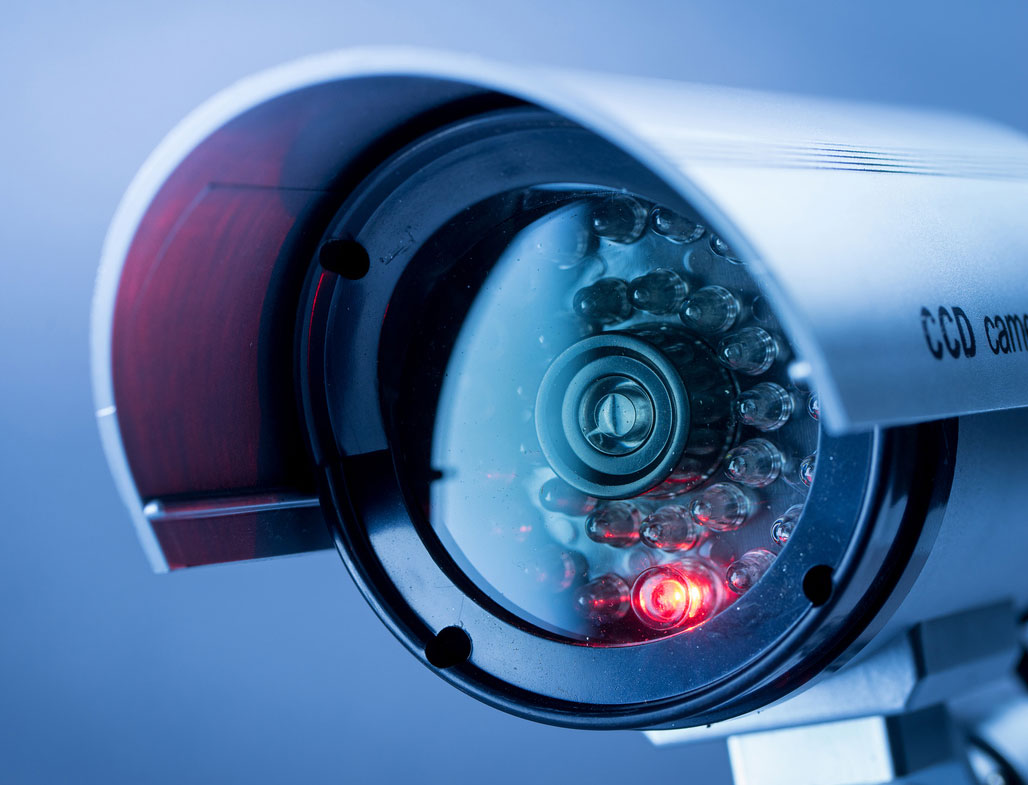Thinking of installing video surveillance cameras in your workplace? If so, there are a few legal issues you should consider. While there are a number of legitimate (and defensible) business reasons that an employer might wish to monitor activity in and around the workplace, it is important to remember that employees have, to some extent, a legal right to privacy. Courts will generally support an employer’s use of video surveillance in open and public work areas inside and outside the work premises, but employers must be careful to avoid areas where employees and others are entitled to a “reasonable expectation of privacy.” Bear in mind that:
- Under the laws of many states, it is illegal to make a video recording in any restroom, locker room, or other area that has been designated by the employer for changing clothes (unless you have a court order).
- Retail and hospitality businesses should note state laws often prohibit video surveillance in the interior of fitting rooms and guest rooms in hotels, motels and inns.
- Videotaping in an area where union employees are working may violate the terms of the union collective bargaining agreement – be sure to check first.
- Many states forbid the use of an audio track accompanying the camera’s video output.
- Selective surveillance – e.g., positioning a hidden camera over the desk of one individual employee – may strike a court at being too obtrusive. Likewise, exclusive surveillance of a particular cultural group within your workforce can open you up to discrimination claims.
To ensure that you do not run afoul of privacy laws, it is important to take the following steps to reduce or eliminate employees’ expectation of privacy even in areas where it is legal for you to videotape:
- You should post signs in areas with cameras to notify employees and visitors that videotaping is taking place.
- You should also distribute to employees a clearly-written workplace monitoring policy that has been reviewed by counsel, and have employees sign receipts acknowledging that they have received the policy. Alternatively, such a policy can be included in an employee handbook. Either way, signed receipts should be retained in employee personnel files.
By following the simple guidelines outlined above, you can assure that your premises are secure and take steps that could help you avoid legal liability.
